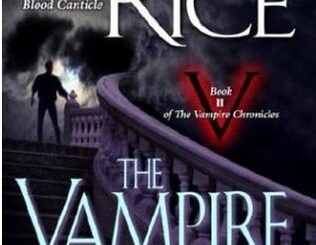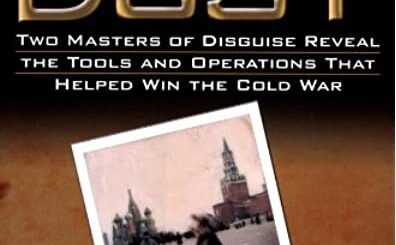Anna Karenina by Leo Tolstoy
What’s the greatest novel ever written? This is a subjective matter, clearly: one man’s Proust is another’s Dostoevski, and the rest of the world can go to Dickens for all we care. For my money, when it comes to the best, most intelligent read to be found on any library shelf, Anna Karenina, the classic 19th century novel of an unfaithful wife, takes the prize.
I first read Anna Karenina in high school, the Constance Garnett translation, which is generally considered fairly clunky today. Constance Garnett was the translator who introduced Russian literature, both Tolstoy and Dostoevski, to the English speaking world, but her prose was dense and her usage of complicated Russian names confused a generation of readers. Over the years, at special times in my life, I’ve re-read Tolstoy’s novel – I’ve gone through it now five or six times – and it’s one of those books that simply gets better with age, changing with every reading.
The story, as most of you know, concerns a warm and beautiful young woman, Anna Karenina, who is married to a stuffy bore and falls fatally in love with the charming Count Vronsky. Set in the splendid pre-revolutionary society of St. Petersburg and Moscow, Tolstoy wanted to tell a morality tale, but ended up sympathizing more than he had intended with the lovely Anna as she falls victim to the hypocrisy of her age – a time that winked at men who pulled off their amorous adventures, but castigated women who did the same.
The tragedy of the beautiful Anna is only half of this huge novel. Of equal interest is the story of Levin, a social misfit who is obviously the voice of Tolstoy himself. Levin shuns frivolous St. Petersburg society, lives on his country estate where he looks for the meaning of life among the peasants, and falls in love with the kind, virtuous Kitty Scherbatsky. In the novel, the two love affairs progress side by side: Anna and Count Vronksy, leading to the most famous suicide in all literature, and Levin and Kitty, who find at last, after many misadventures, the 19th century version of married bliss.
None of this synopsis, however, captures the magic of Tolstoy’s prose. The book is frankly a page-turner, a melodrama of compelling interest, and no writer before or since has ever caught human life with so much warmth and three-dimensionality. We know the characters of Anna Karenina in a way that is uncanny, almost magical – what they feel, how they earn their money, their petty fears as well as their most noble aspirations. Tolstoy believed himself a moralist, but what lives forever in his writing is his ability to bring human life alive in all its complexity, giving us the illusion that we are intimately sharing the adventures of his characters.
My most recent encounter with Anna Karenina was several years ago, a modern translation by Joel Carmichael, which I read when I was heading off on a long journey, from New Mexico to Egypt – this is a long book, after all, 850 pages, and you need to find the right space for it in your life. Joel Carmichael has done a very good job turning 19th century Russian into a clear, direct English and best of all, he has standardized Russian names.
I’ve known a good number of people who are intimidated by Tolstoy – the sheer size of his books, as well as the fact that he is considered one of the Immortal Greats, thinking mistakenly that this must be very difficult stuff. It isn’t. Both Anna Karenina and War and Peace are delightfully easy reads, accessible to anyone with just a bit of patience and time on their hands . . . time to enter the deliciously remote but tangible world of St. Petersburg balls and country estates, serfs and shooting parties, and passionate love affairs that live forever.
- National Epilepsy Day 2023:Common Signs And Symptoms - November 17, 2023
- Top 10 Cosmetic Packaging Designers in the USA - April 12, 2023
- Luxury Website Designers: The Ultimate Guide to Creating a High-End Website - April 10, 2023


